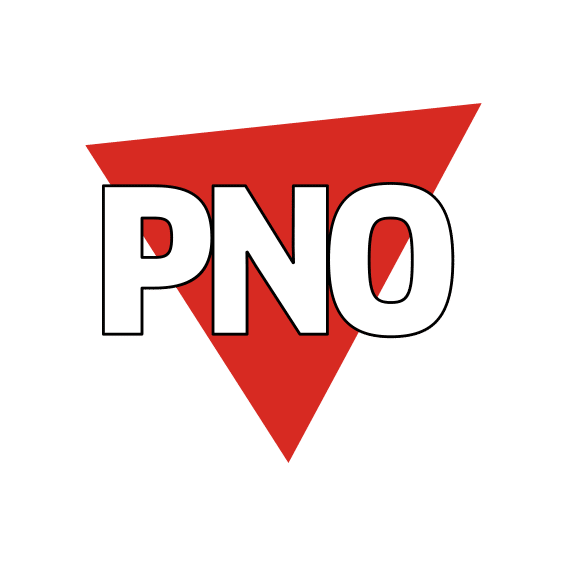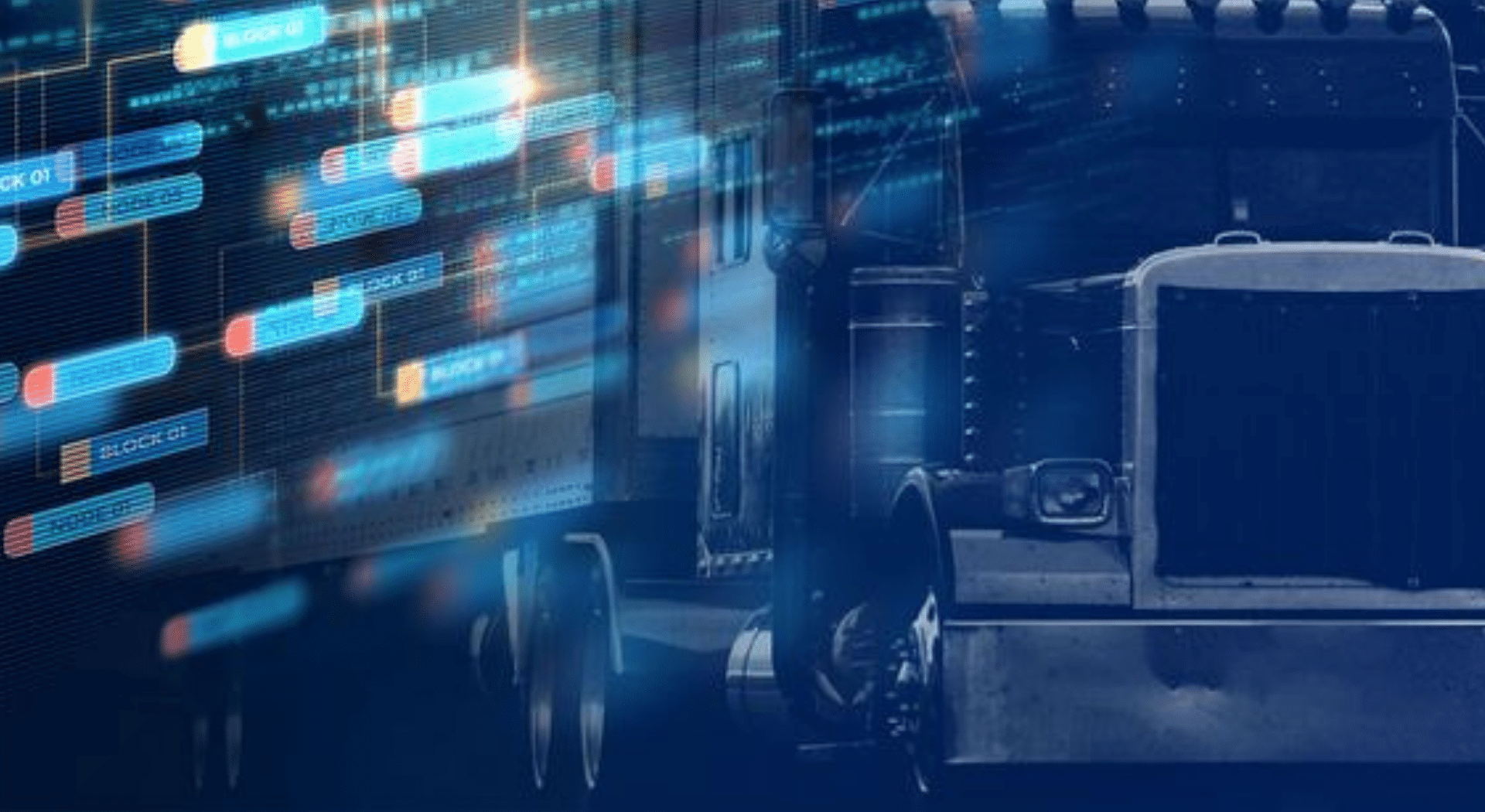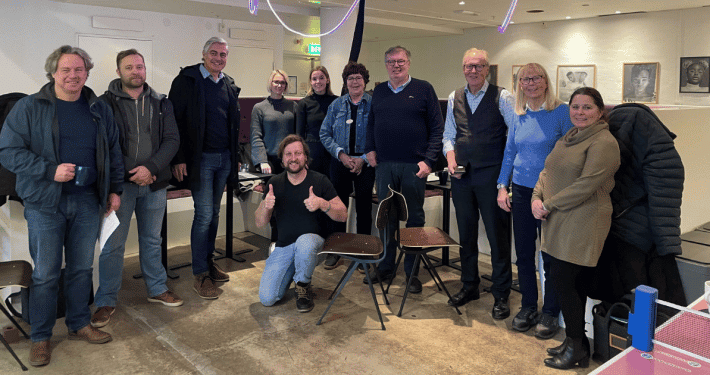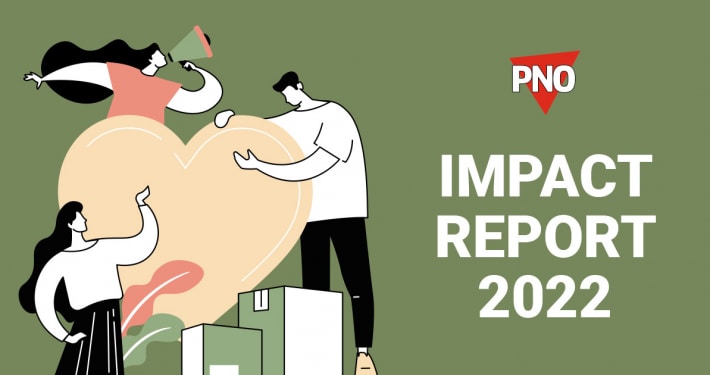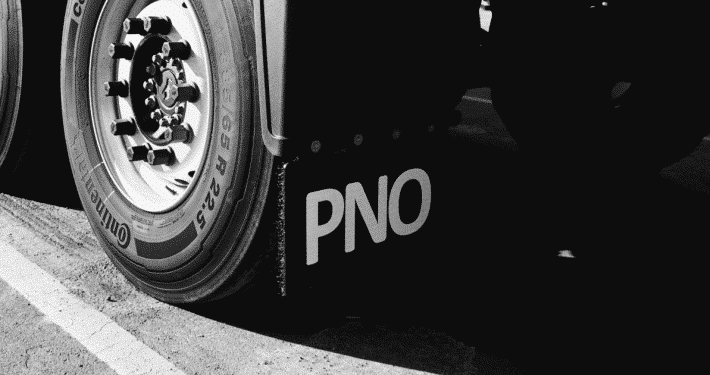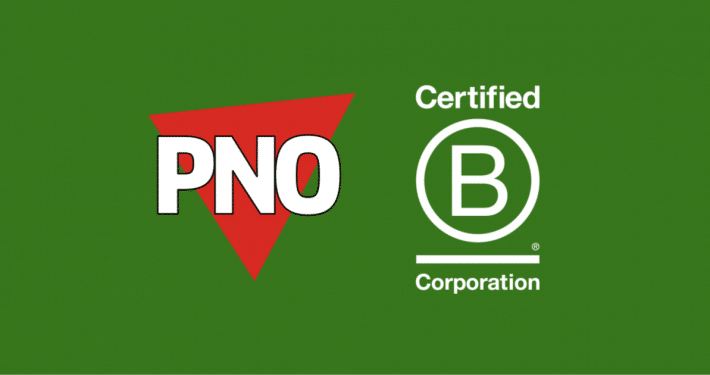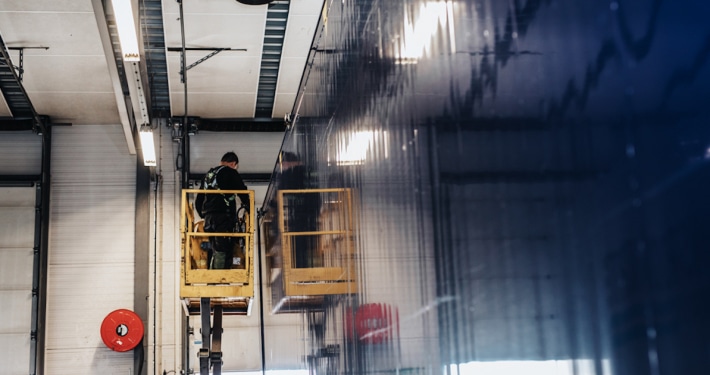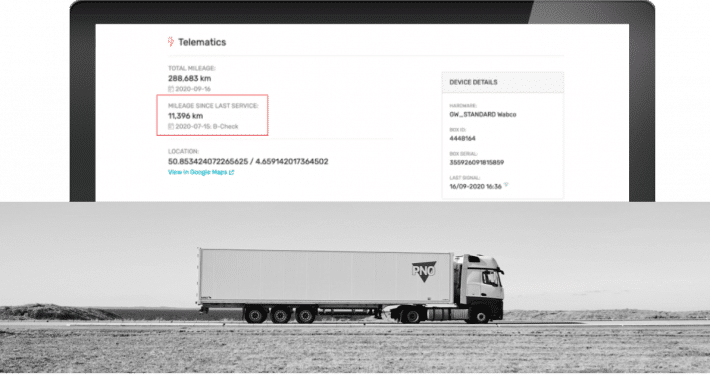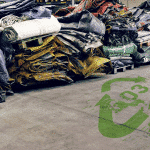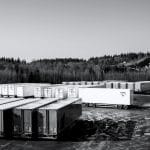Blockchain in Transportation & Logistics
Blockchain in Transportation & Logistics
By automating repetitive processes and providing an unchangeable single source of truth, blockchain solutions have a strong potential in addressing many of the pain points of the transportation & logistics (T&L) industry. To make it happen, the main challenge is to establish collaboration and cooperation among the diverse industry players.
Due to its high level of fragmentation and the huge number of participants involved, T&L has one of the most complex and difficult to manage industry value chains. Most of the orders, invoicings, payments and orders’ changes are currently performed manually by the different transacting parties, often from different countries. The use of this outdated practices leads to inefficiencies and impedes information sharing, resulting in additional costs for the T&L companies involved.
The adoption of blockchain technology can significantly increase transparency, thus mitigating the mistrust that often exists among the industry’s participants, and automate transaction processes, which eliminates slow and unreliable manual paperwork.
T&L companies – i.e. Kuehne + Nagel, Maersk, carriers (CMA CGM, COSCO Shipping Lines, Evergreen Marine, OOCL, APL, Yang Ming), terminal operators (DP World, Hutchison Ports, PSA International, and Shanghai International Port) – have recently invested millions of dollars in collaborations and partnerships with IT companies for researching and developing their blockchain solutions, which are expected to be ready to be implemented in the next one to three years. The question is whether companies will adopt them in order to reach the above mentioned benefits.
In basic terms, blockchain is defined as a shared digital ledger for recording and storing
transactions between multiple participants in a network. The parties involved must approve each change made to the blockchain record through an automated process, thus providing an immutable record of all transactions and agreements of interest to the participants. Since information cannot be deleted, only adjusted, a blockchain enables trustful transactions and reduces the risk of error or fraud, also helping participants to track the movement of items in real time and verify activities.
To reach their full potential, blockchain solutions can’t rely on themselves. They should be combined and integrated with other technologies such as Internet of Things (IoT), Artificial Intelligence (AI) and machine learning. If effective supporting technologies are in place, the different players across the value chain will gain the ability to track the movement of items in real time, verify transactions, and automating repetitive processes.
T&L stakeholders, such as importers, exporters, freight forwarders, carriers, truckers, terminal operators and banks, must develop an industry-wide ecosystem through partnerships and collaborations among major players in the value chain, also including competitors. The main goal should be maximizing value for all the participants and providing incentives for the adoption of blockchain across the complex value chain.
Currently, five container shipping companies, among which the Danish Maersk, announced plans to create a not-for-profit association that will promote digitalization, standardization, and interoperability in their industry. In case blockchain is among the digital solutions considered, the association could help to develop a common technical standard and an industry-wide ecosystem.
PNO being part of T&L and currently focusing on new innovations that can improve outdated industry practices, we’re curious to see what the future developments will be in order to define our role and contribution in a possible blockchain ecosystem.
